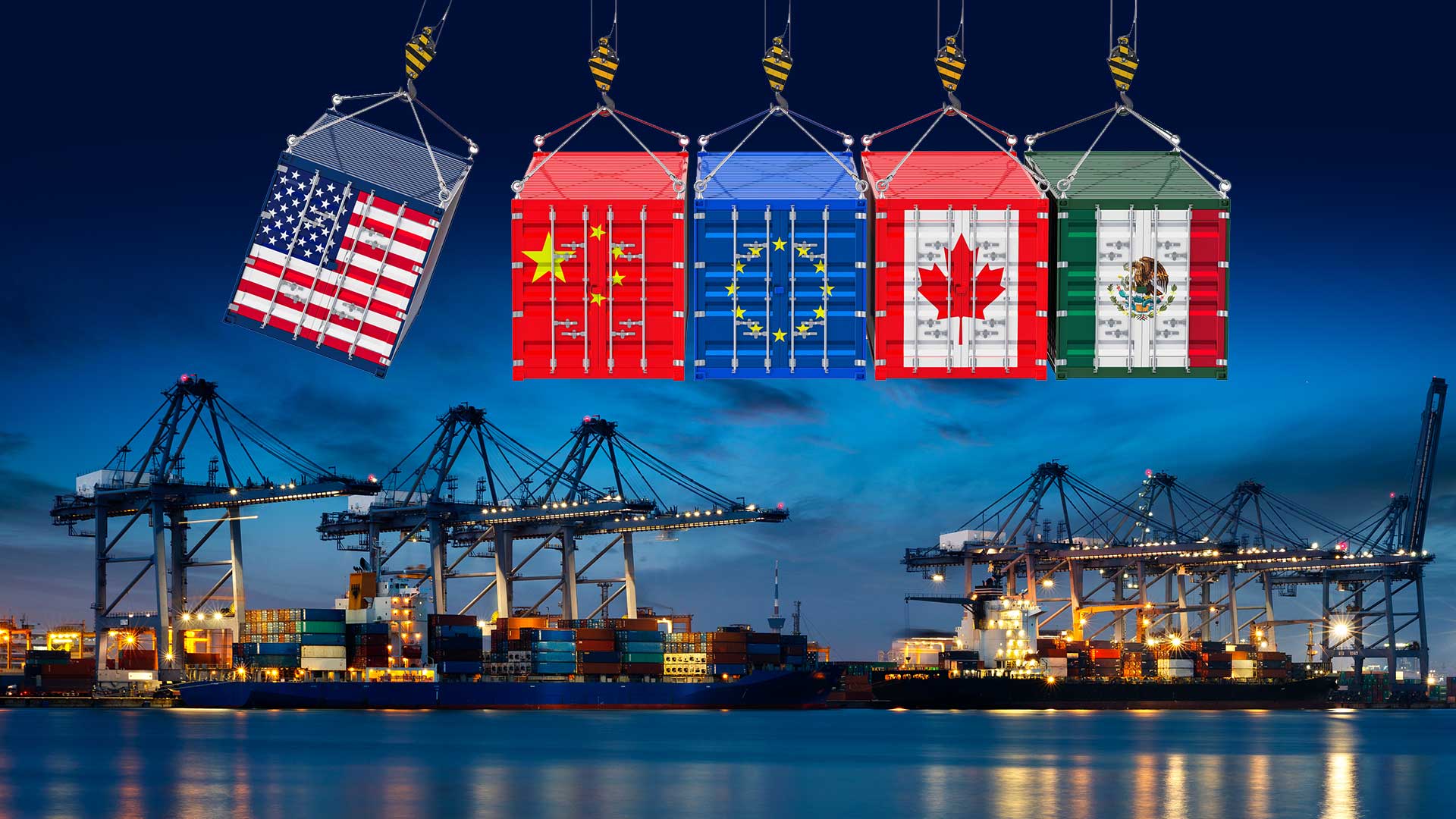
Zhou Xiaoming, Former Deputy Permanent Representative of China’s Mission to the UN Office in Geneva
Dec 13, 2024
BRICS countries, with a combined GDP approximately 1.5 times that of the United States, can be expected to retaliate against promised U.S. tariffs. These countries — many of which are major traders with China — are likely to make Donald Trump regret his bellicose bullying.
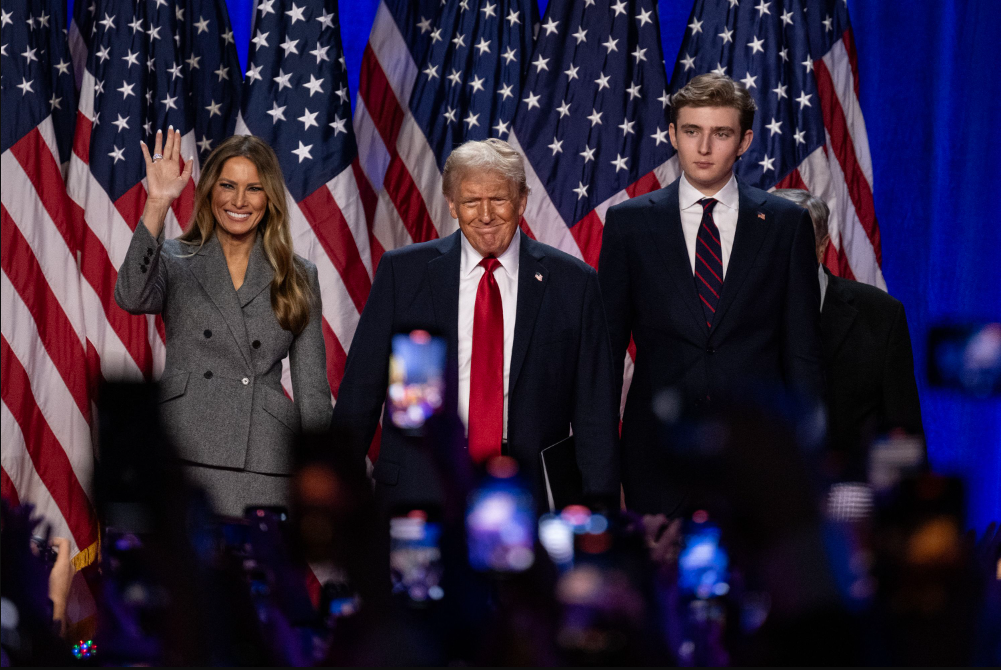
Ted Galen Carpenter, Senior Fellow, Randolph Bourne Institute
Nov 08, 2024
It’s likely that Washington’s sterile China policy will persist regardless of which candidate wins the U.S. presidential elections, a situation that could be detrimental for the entire global community.
Zhang Wenzong, Associate Research Fellow, CICIR
Sep 27, 2024
It’s unlikely that conservatism will regain the influence it once had — during the Reagan era, for example. A pivotal issue is whether traditional mainstream conservatism could merge with populist conservatism and national conservatism, and then make a comeback.
Zhang Wenzong, Associate Research Fellow, CICIR
Sep 11, 2024
In the run-up to the 2024 election, we can see how domestic politics bring changes to U.S. foreign policy. Interest groups in crucial swing states will play an outsize role in U.S. policy formulation, and their influence will extend beyond their actual voting power.
Fu Suixin, Assistant Researcher at Institute of American Studies, Chinese Academy of Social Sciences
Sep 11, 2024
If Vice President Kamala Harris is elected president in November, she will confront a range of severe challenges, including extremism, a Congress likely to be controlled by Republicans, a debt-ridden government, the decline of U.S. power and ongoing international conflicts. Change won’t come easy.
Joseph S. Nye, Professor, Harvard University
Sep 06, 2024
As the US presidential election draws near, many are wondering what it will mean for American foreign policy. The answer is wrapped in uncertainty.
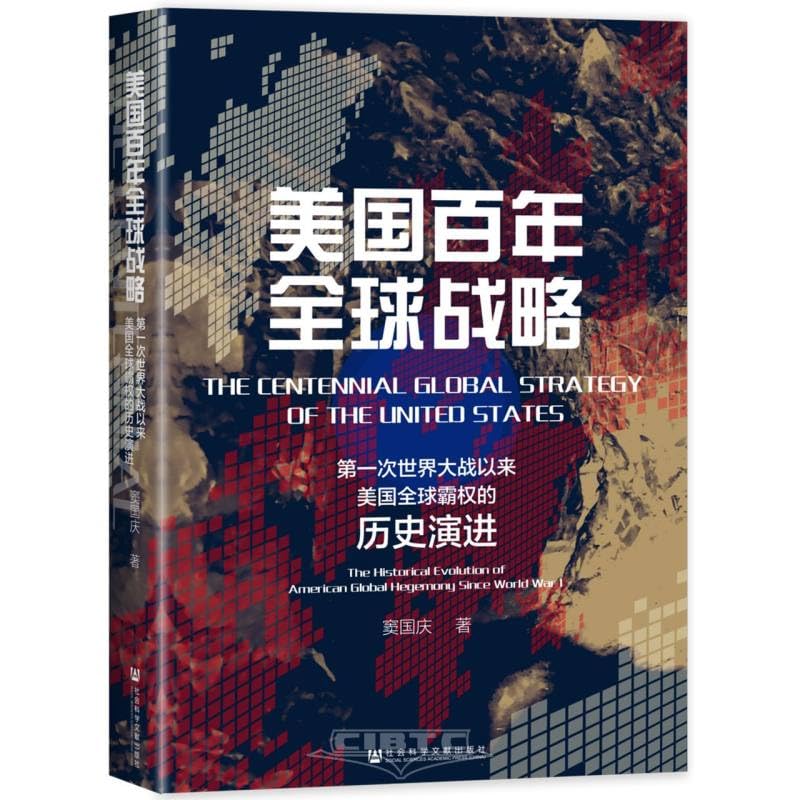
Dou Guoqing, Colonel of the People’s Liberation Army and Postdoctorate Researcher at PLA National Defense University
Jun 18, 2024
The United States has been the biggest beneficiary of changes in the international order over the past century. Four key factors have contributed to its current hegemony.
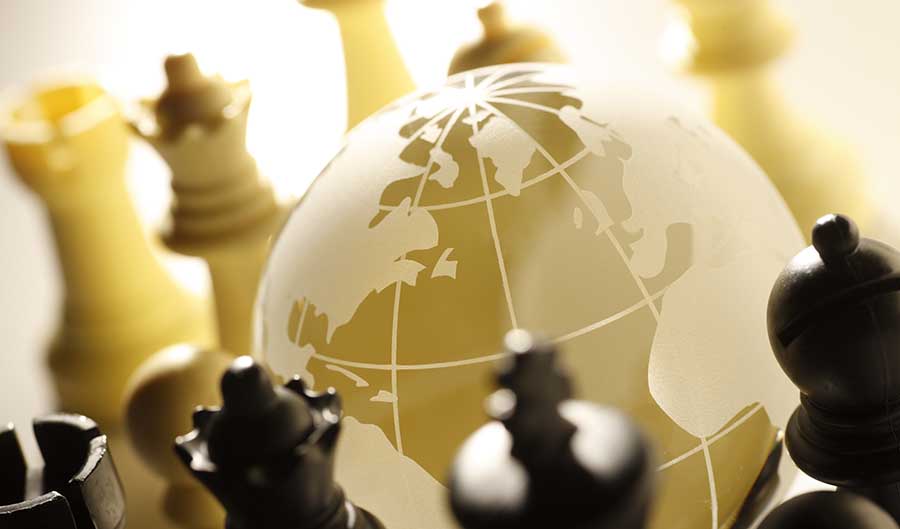
Yan Xuetong, Distinguished Professor, Tsinghua University
May 08, 2024
When discussing the global order and China's foreign policy, we must examine how China adapts its foreign policy to changes in the global order. There is a debate on whether we are returning to a Cold War-like situation. Many believe we are, drawing parallels between the current U.S.-China competition and the former U.S.-Soviet rivalry, which shaped the international power structure.
Warwick Powell, Adjunct Professor at Queensland University of Technology, Senior Fellow at Beijing Taihe Institute
Apr 25, 2024
The United States has intensified its efforts to assert or reclaim American Primacy in Asia. Assert if one holds the view that it still holds military preponderance; reclaim if one believes that it doesn’t. Through a series of so-called mini-lateral arrangements, the US has in recent years sought to enlist its Asia Pacific client states, former colonies and subimperial allies to anchor a 21st Century bulwark on the western edge of America’s Lake. The Quad, AUKUS and now the trilateral involving Japan and the Philippines form part of a lattice-like network, in all practical intents and purposes, aimed squarely at the containment of China.
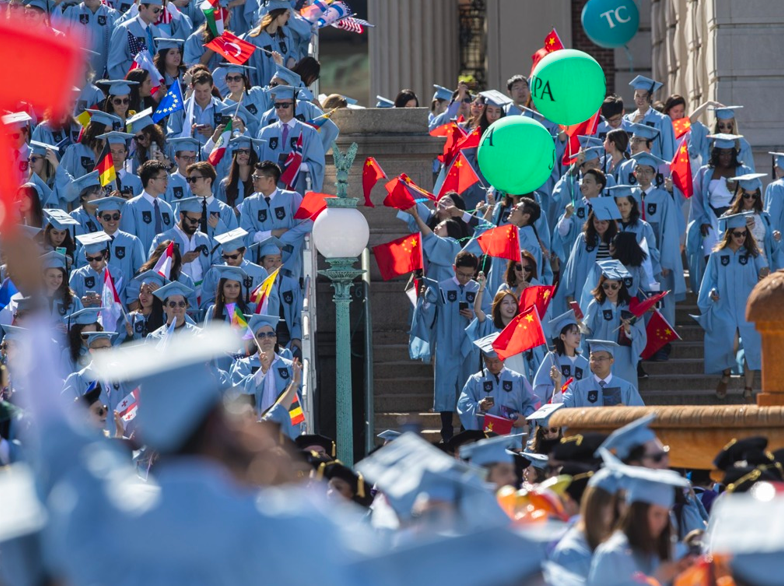
Li Yan, Deputy Director of Institute of American Studies, China Institutes of Contemporary International Relations
Jan 29, 2024
The complexity of relations between China and the United States and the polarization of U.S. domestic politics are expected to persist for the foreseeable future. In an election year, the danger is significant. The U.S. political ecosystem has the potential to send shockwaves through bilateral relations.